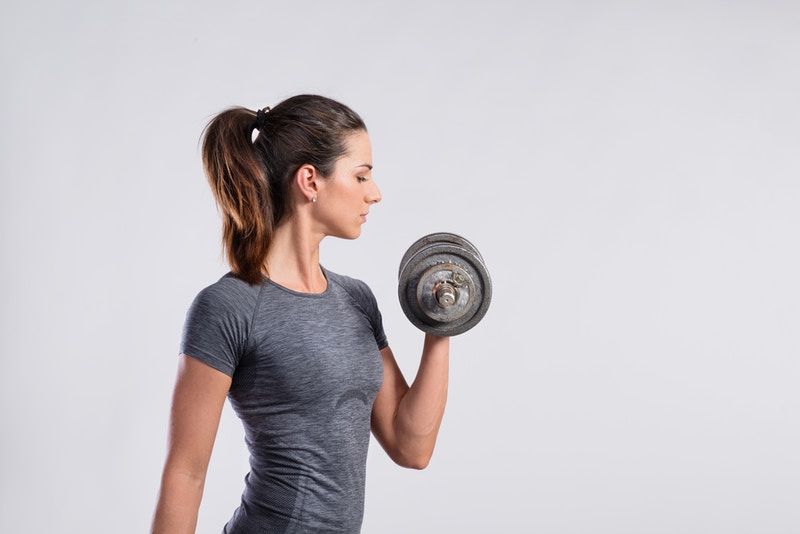How Your Sleep Apnea Could Be Affecting Your Cardiovascular Health Too


Has your partner or have your roommates been complaining about your snoring keeping them awake? Are you having trouble staying awake during the day or do you wake up feeling like you haven’t slept a wink? You may be suffering from sleep apnea, which can have serious consequences for your health past not being able to get a good night’s sleep. Though many with sleep apnea haven’t been diagnosed and don’t seek out treatment, it’s a good idea to do so, as untreated sleep apnea can have an impact on your heart health. Your doctor may suggest CPAP machines as a method of treating your sleep apnea, which can allow you to get a good night’s sleep. You can do a home test for sleep apnea, though your doctor may want you in the hospital for a sleep study as well. CPAP masks, CPAP nasal pillows, and CPAP machines are are all available, depending on your preferences.
How Common in Sleep Apnea and What Are Its Effects?
Almost 20 million Americans suffer from sleep apnea and two to four percent have never been diagnosed with it. That’s about one in fifty Americans who may not know that they have sleep apnea. Men are at a particular risk for sleep apnea; they’re twice as likely to have it as compared to women. According to a study, asthma patients have an almost 40% higher risk of having sleep apnea that those who don’t have asthma. During an average night of sleep those who have sleep apnea might have 60 apneas an hour, during which time they stop breathing for seconds.
Perhaps the most noticeable effects of sleep apnea is being tired all the time, especially during the day. Patients may experience sleep deprivation or insomnia at night and loud, choking snoring. Dry mouths and throats are often common in the morning and due to lack of sleep, may be more irritable or experience depression in weight loss.
Perhaps more worrisome, those who have sleep apnea that’s not being treated have a four times higher risk of having a stroke than those without sleep apnea and are three times as likely to have heart disease. The National Commission on Sleep Disorders Research also reports that almost 40,000 deaths happen yearly because of cardiovascular issues that have a connection to sleep apnea.
How Do CPAP Machines Help?
CPAP machines funnel a steady stream of pressurized air through a hose or mask to keep the airways open. Heated humidification options are available for maximum comfort, as some users complain about dry mouths or noses. Preferences between nasal pillows versus CPAP machines are pretty half and half; half would rather use a nasal pillow, 45% gravitate towards nasal masks, and 5% of users don’t have a preference.
You should use your CPAP as recommended — around 80% of patients say they don’t use their CPAP machine as often as they should be for maximum safety. This can also hurt your insurance coverage. For real results and for insurance purposes, it’s suggested that patients should use CPAP for at least four hours per night — about 70% of the time for a month.
Like anything, CPAP machines certainly take a little getting used to. Sleeping with a machine and a mask or specialized pillow might be bulky and awkward for some people, but a little initial discomfort is worth keeping your heart healthy and ultimately getting a better night’s sleep. Over time, if you stick with your CPAP machine, you’ll get used to it and barely even notice it’s there.
If you’re wondering how to get a CPAP machine, you may need a prescription for one. Your doctor may be able to order you one, although you can also find them online and a pre-owned CPAP machine might be a good financial move if you need one but can’t afford a brand new one.
If you suspect that you might have sleep apnea, don’t delay! Talk to your doctor about the effects of sleep apnea and what you can do to treat it. Don’t let it go untreated and put your heart at risk.